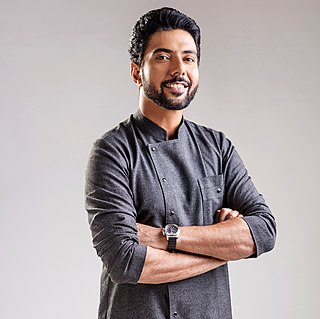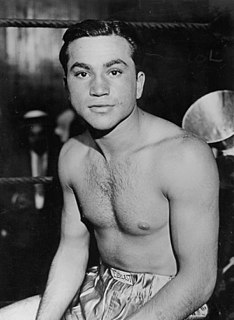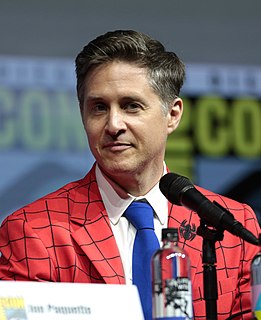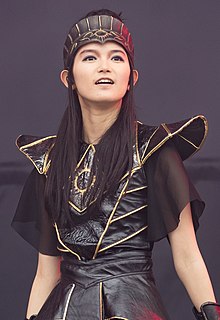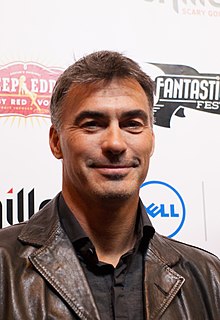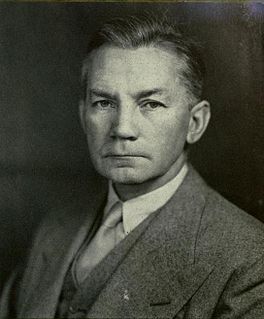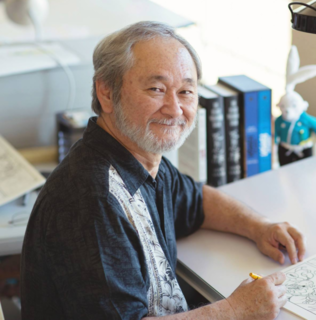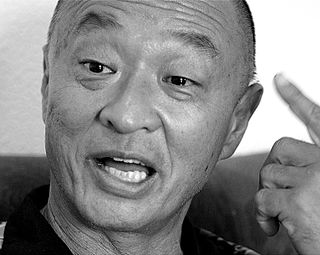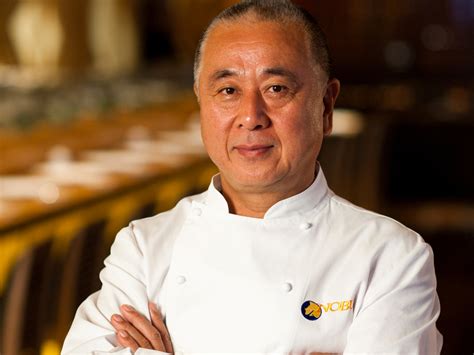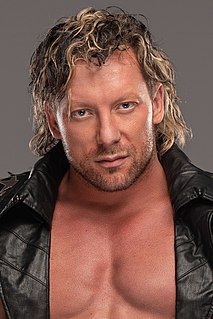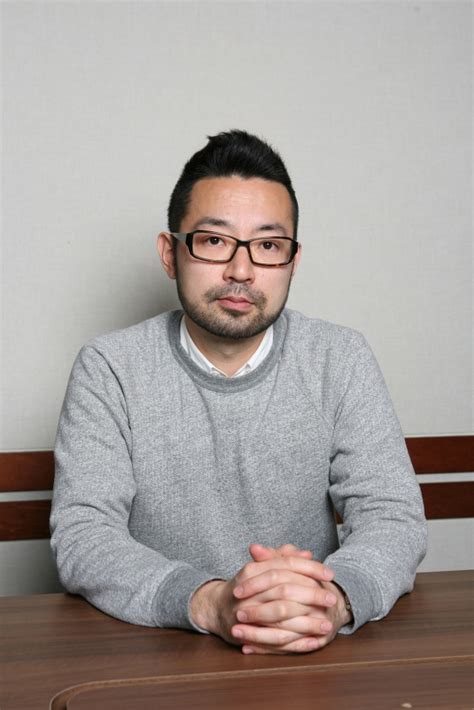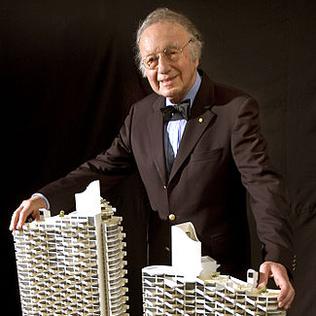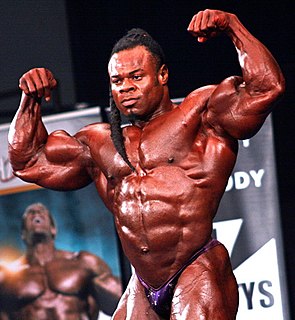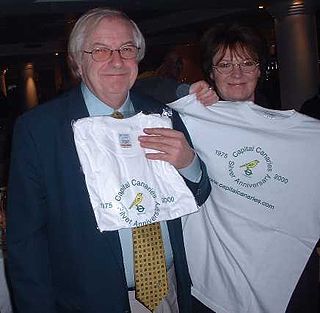Top 1200 Japanese Food Quotes & Sayings - Page 3
Explore popular Japanese Food quotes.
Last updated on November 28, 2024.
My mother, she's the one who's gifted with language. She can speak Japanese, of course, Tagalog, which is a Filipino dialect, Spanish as well as English. And I speak a little bit Japanese because I've had the opportunity to work alongside Japanese people. And a little bit of German, a little bit of Portuguese because of work. A little bit of French because of work. But then, if you asked me to carry-on an everyday conversation, I would fail miserably.
I think America's food culture is embedded in fast-food culture. And the real question that we have is: How are we going to teach slow-food values in a fast-food world? Of course, it's very, very difficult to do, especially when children have grown up eating fast food and the values that go with that.
Bad food is made without pride, by cooks who have no pride, and no love. Bad food is made by chefs who are indifferent, or who are trying to be everything to everybody, who are trying to please everyone... Bad food is fake food... food that shows fear and lack of confidence in people's ability to discern or to make decisions about their lives.
I am often asked the question: 'What is your favorite type of food?' Although I always answer Japanese, the real response should be and is pierogi, the delectable Polish dumplings that my mother, Big Martha, made so well in many incarnations: potato, sweet cabbage, blueberry, peach, plum, and apricot.
I think Americas food culture is embedded in fast-food culture. And the real question that we have is: How are we going to teach slow-food values in a fast-food world? Of course, its very, very difficult to do, especially when children have grown up eating fast food and the values that go with that.
Japanese train signs, station signs, are really representative of the Japanese mind to me, because it always has the station where you are, the station you were previously at, and the station that is the next station. When I came to New York, I was very confused. It just doesn't say where I was and where I was going. But I realized after a while probably most people don't need to know what station you were previously at. But I think it's just some weird Japanese mentality that we need to know, we need to connect the plot.
My grandmother lived under Japanese colonial rule until she was nine. Korea, still united and whole, was colonized in 1910. During this period of forced occupation, Japanese teachers taught Korean students how to view the world through their imperialist language, their history, their foreign tongue.
Let’s get one thing straight: Mexican food takes a certain amount of time to cook. If you don’t have the time, don’t cook it. You can rush a Mexican meal, but you will pay in some way. You can buy so-called Mexican food at too many restaurants that say they cook Mexican food. But the real food, the most savory food, is prepared with time and love and at home. So, give up the illusion that you can throw Mexican food together. Just understand that you are going to have to make and take the time.
I recently wrote a piece on comics in architecture - I was talking about the three kinds of comics I pay attention to: the Franco-Belgian, the Japanese manga, and the American comics. I started thinking about the relationship between Japanese manga and Japanese architecture, or Franco-Belgian bande dessinée versus Franco-Belgian architecture, it began to make sense; there are parallels to the modes of operations and the cultures they belong to. If I didn't force myself to write, I would have no forum to clarify these thoughts. Writing is really helpful.
I spend so much money on food, just getting the food for me is a tremendous expense, so there's no way I could even think about paying for supplements. I think of all supplements as food derivative anyway, so If I can only choose between getting the food or the supplements I'd rather opt for the food.
Very often people who live in a ghetto accept some of the stigmatisation against them. I mention the case of a Japanese minority the Burakumin, which was pure Japanese in descent, but which was concerned with dirty work: leather work, cadavers, and some other things.There was a famous story of an old man who asked: 'Do you yourself believe you are the same as the Japanese?' And the outsider said: 'I do not know, we are dirty.' This kind of conscience was never there in the surroundings in which I lived. One always felt as someone whom could be proud of, being both German and Jewish.
[I]t's an honor to be a food stamp president. Food stamps feed the hungry. Food stamps save the children. Food stamps help the farmer. Food stamps help the truck driver. Food stamps help the warehouse. Food stamps help the store. Food stamps hire people and feed people. Food stamps save people from starvation and malnutrition. ... Give President Barack Obama a big hand. Show your love. Show your appreciation.
Isn't food important? Why not "universal food coverage"? If politicians and employers had guaranteed us "free" food 50 years ago, today Democrats would be wailing about the "food crisis" in America, and you'd be on the phone with your food care provider arguing about whether or not a Reuben sandwich with fries was covered under your plan.
Bad food is made without pride, by cooks who have no pride, and no love. Bad food is made by chefs who are indifferent, or who are trying to be everything to everybody, who are trying to please everyone. Bad food is fake food, food that shows fear and lack of confidence in people's ability to discern or to make decisions about their lives.
